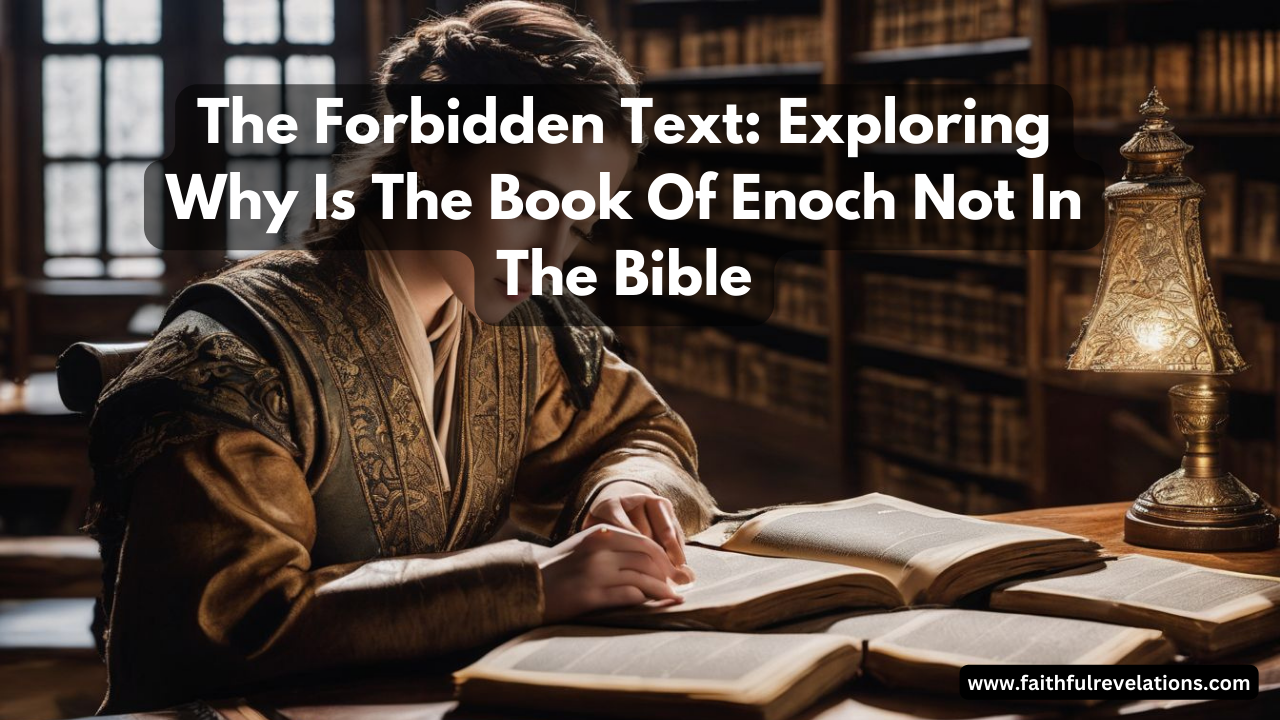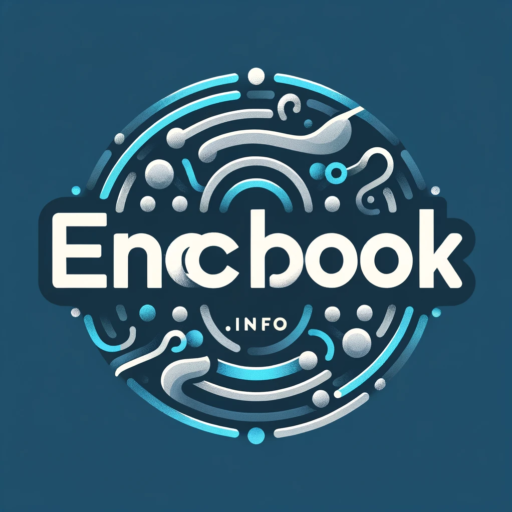Introduction to the Controversy Surrounding the Book of Enoch
The Book of Enoch, an ancient Jewish religious work ascribed to Enoch, the great-grandfather of Noah, has been a subject of fascination and controversy for centuries. Its content, themes, and exclusion from the biblical canon create intrigue and debate among scholars, theologians, and believers. The text covers topics from the nature of the universe and celestial beings to prophecy and divine judgment, and its impact on Christian and Jewish theological thought cannot be overstated. The controversy surrounding the Book of Enoch primarily revolves around its authenticity, theological implications, and its place—or lack thereof—in the religious canon.
> READ MORE:
- Why Stay Away from the Book of Enoch
- Unlocking the Secrets: Exploring the Profound Influence of the Book of Enoch
Key Points Overview
- The Book of Enoch is an ancient Jewish work attributing to Enoch, Noah’s great-grandfather.
- It contains unique insights into Jewish eschatology, angelology, and cosmology.
- The book is not included in the canonical Hebrew Bible but is part of the Ethiopian Orthodox Tewahedo Church’s canon.
- Scholars debate its historical context, authorship, and authenticity.
- Its apocalyptic themes have influenced Christian and Jewish theology, despite its controversial status.
Historical Context and Authorship
Dating back to the Second Temple period, the Book of Enoch is a compilation of several texts, thought to have been written over several hundred years. The first part of the book, the Book of the Watchers, introduces the narrative of the fallen angels who took human wives, leading to the birth of the Nephilim and subsequent divine punishment. Scholars have scrutinized these passages, debating whether they reflect historical events, religious symbolism, or a combination of both. The authorship of the book is shrouded in mystery; while traditionally it was attributed to Enoch himself, modern scholars generally agree that it was likely written by multiple authors over an extended period. This enigmatic origin contributes to the controversy surrounding the Book of Enoch.

The Canonical Debate
One of the pivotal reasons the Book of Enoch rests at the center of controversy is its exclusion from the canonical Jewish scriptures and most Christian Bibles. Although Enoch is mentioned briefly in the Book of Genesis, his own book did not secure a permanent place in the Hebrew Bible. Several factors may have contributed to this, including its origin during a tumultuous period for Judaism and the difficulty of categorizing its genre. Furthermore, the second-century Christian theologian Tertullian once supported its authenticity, but the book later fell out of favor as the Church canon was formed. Its current status varies, with the Ethiopian Orthodox Church regarding it as scripture while the majority of Jewish and Christian denominations do not.
Theological Implications and Influence
Despite its controversial status, the Book of Enoch has had a profound influence on Jewish and Christian eschatology. Its depictions of cosmology, angels, and the final judgment have colored religious thought in subtle and direct ways. New Testament authors appear to draw from its themes and language, suggesting that early Christian writers were familiar with the text and found it theologically significant. The Book of Enoch’s descriptions of heavenly realms and the fate of souls are particularly noteworthy, as they provide a vivid narrative of divine justice that complements and expands upon biblical themes.

The Book in Modern Reception and Scholarship
In contemporary times, the Book of Enoch continues to captivate researchers and the general public alike. Recent scholarship has focused on its historical and cultural context, shedding light on the worldview and beliefs of the period in which it was written. Modern translations have made the book more accessible, allowing for a broader audience to explore its rich narrative and speculate on its mysteries. Furthermore, discoveries like the Dead Sea Scrolls, which included fragments of Enochian texts, have rekindled interest in the Book of Enoch and its potential ties to other ancient manuscripts.
Conclusion
The controversy surrounding the Book of Enoch is far from resolved. As an ancient text that straddles the boundaries between scripture, myth, and theological commentary, it remains an object of intense study and debate. Its lack of canonical status and the enigmatic nature of its content continue to provoke discussion about the boundaries of religious texts and the nature of divine revelation. One thing is certain: the Book of Enoch’s rich narratives and dramatic imagery ensure that it remains a captivating subject for those seeking to uncover the mysteries of ancient religious thought.
